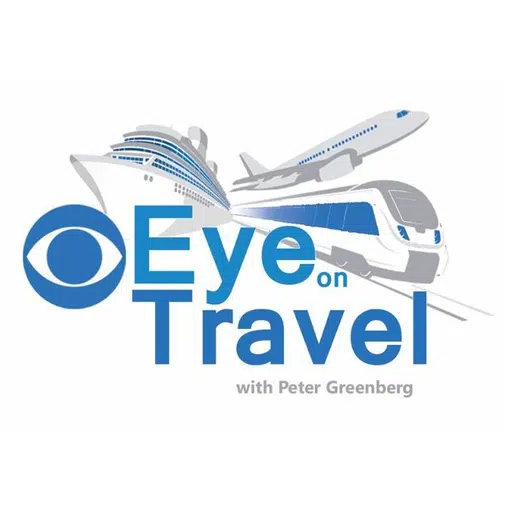By Ian Ransom
MELBOURNE (Reuters) – Formula One world champion Max Verstappen said he will try to keep his off-track commitments in check and focus on his day job as a racer, wary that his title defence might suffer with too many distractions.
The Dutch Red Bull driver is hot property for media, sponsors and fans after his 2021 triumph, and the relaxation of biosecurity protocols could mean more demands on his time.
“Even if there is no COVID for sure I’m not going to do more … on weekends because I’m there to race, I’m not there to entertain the crowds,” he told a small group of reporters on Thursday at Albert Park ahead of Sunday’s Australian Grand Prix.
“I’ll entertain them by doing that on the track. Otherwise you get upset, you don’t feel good and it’s going to hurt your performance.
“So you need to just keep it exactly the same, the same approach as other race weekends.”
Verstappen said he felt sympathy for McLaren’s Australian driver Daniel Ricciardo, having seen him battle through busy schedules at his home Grand Prix when they were Red Bull team mates.
“I always felt sorry for him because he was always so busy,” said Verstappen.
“He actually never really got to fully enjoy it. Maybe he manages it differently now but I remember when he was here it was tough, he was super busy in the week leading up to the Grand Prix.
“So I hope for him that at least he can enjoy it a bit more now because I think it is very special to have a home Grand Prix.”
Verstappen, who became the youngest driver to compete in F1 when he debuted at the 2015 Australian Grand Prix as a 17-year-old, said experience had taught him how to balance his schedule.
“You need the right people around you as well to manage you in that,” added the 24-year-old.
“Of course at one point as a driver you know what you need to feel good in the car and you really know how many commitments you can do on a weekend.
“But you should be able to say ‘no’ to certain commitments. At the end of the day you are here to drive and to race because that’s what you live for and what you get paid to do.”
(Reporting by Ian Ransom in Melbourne; Editing by Peter Rutherford)






